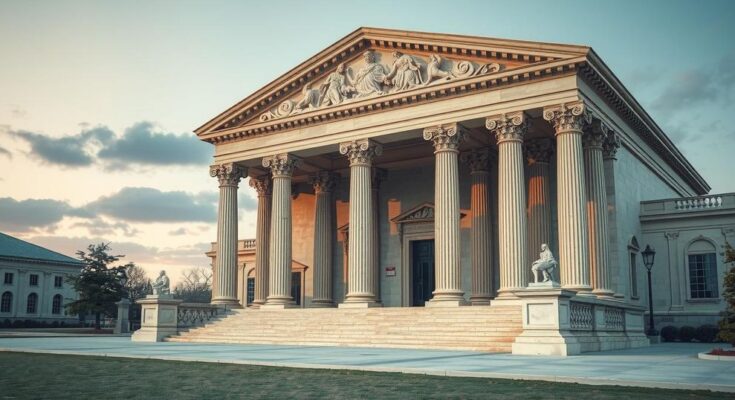On January 9, 2025, Lebanon took a pivotal turn as Joseph Aoun, a military leader, was elected president, finally breaking a two-year political stalemate. In his inaugural address, Aoun declared a new era had dawned for Lebanon, promising to uphold individual freedoms while championing judicial independence and integrity. He affirmed his intent to collaborate with the government to overhaul the Public Prosecution Offices and reform the justice system based on principles of fairness.
President Aoun committed to shielding the judiciary from outside influence, stating there would be no immunity for corrupt officials during his tenure. Additionally, he outlined plans to revamp Lebanon’s prison infrastructure, reinforce social security measures, enhance healthcare, and prioritize educational reforms, all while ensuring freedom of the press and expression align with Lebanon’s legal norms.
While this presidential transition sparks hope for accountability and an end to a long-standing culture of impunity, it isn’t without its complications. Controversially, Aoun’s election contradicts Lebanon’s constitution, which prohibits active military leaders from holding the presidency. Human Rights Watch urges the new leadership to earnestly pursue justice, especially regarding the Beirut port explosion and documented violations during the 2024 conflict with Israel.
Joseph Aoun was elected as Lebanon’s president on January 9, 2025, breaking a two-year deadlock. He promises to uphold freedoms, reform the judicial system, and enhance public services while vowing no immunity for corruption during his term. However, his election faces constitutional challenges due to his military background, raising questions about prospects for genuine reform and accountability.
Joseph Aoun’s presidency symbolizes a potential turning point for Lebanon, emphasizing the need for justice and accountability in governance. While he has vowed to prioritize reforms, the ultimate measure will lie in actions taken to dismantle entrenched corruption and restore citizen trust. True change will require shifting from a politics of patronage and cronyism to one where human rights and legal integrity take center stage.
Lebanon has faced significant political crises and social unrest, particularly highlighted by the devastating Beirut port explosion and ongoing tensions with Hezbollah. The call for accountability and reforms has intensified amid calls to restore faith in public institutions long affected by corruption and mismanagement. This election marks a critical juncture, where the new president’s promises could either lead to meaningful change or continue the historical cycle of ineffectiveness within Lebanon’s governance framework.
Original Source: www.hrw.org



